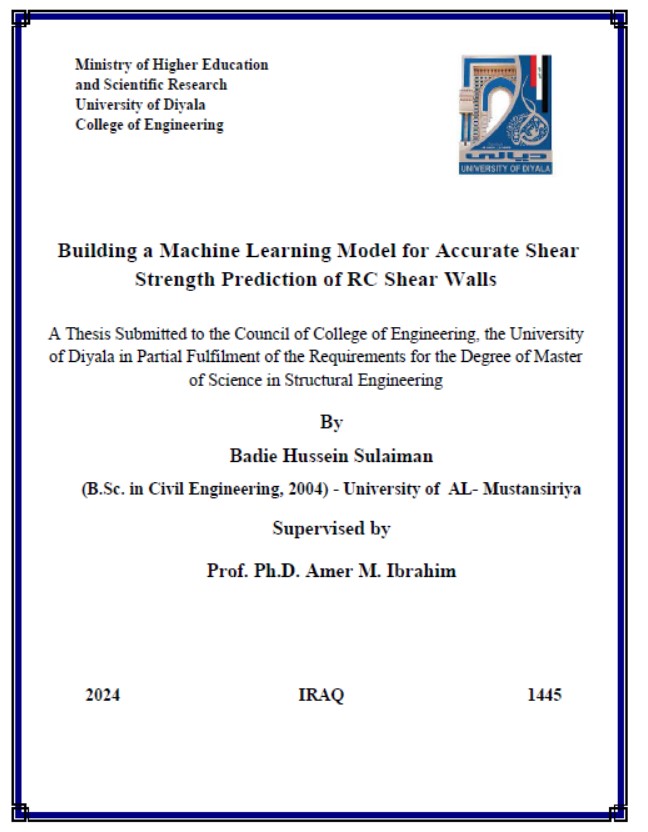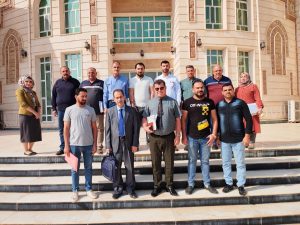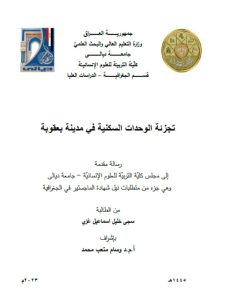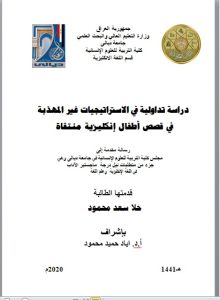Abstract
RC shear walls are commonly used as lateral load-resisting elements in seismic
regions, and the estimation of their shear strengths can become simultaneously
design-critical and complex when related to squat reinforced concrete (RC) shear
walls with an aspect ratio of less than two. The present study utilizes machine
learning (ML) techniques to develop an approach for predicting the shear strength
of RC walls to address these issues. Predictive models based on several ML methods,
including ANN, LR, XGBoost, Keras, and RF, were developed using a database
including experimental data of 1424 sample RC walls that were gathered from the
literature. 25 significant variables were used as input parameters design during the
modeling process, and one variable was used as an output. To assess how well the
models performed, six statistical metrics were employed (R2( ،)MAE) ،
(RMSE( ،)MAPE)،(SI) and (OBJ). The results revealed that the XGBoost model
predicted the shear strength of squat walls more precisely than the other ML models.
Whereas, its accuracy reached (R2) 0.992, with an error rate (MAPE) of 6%. The
prediction results of several ML models, including LR, ANN, Keras, and RF,
obtained an accuracy of 0.83, 0.891, 0.913, and 0.934, with error rates of 45%, 26%,
27%, and 24%, respectively. The XGBoost also outperformed empirical and
theoretical models. Furthermore, sensitivity analyses were performed to verify that
the algorithms can identify the most significant variables that have an important
influence on shear strength. The results showed that the wall length, yield strength
of vertical web reinforcement, compressive strength of concrete, and reinforcement
II





